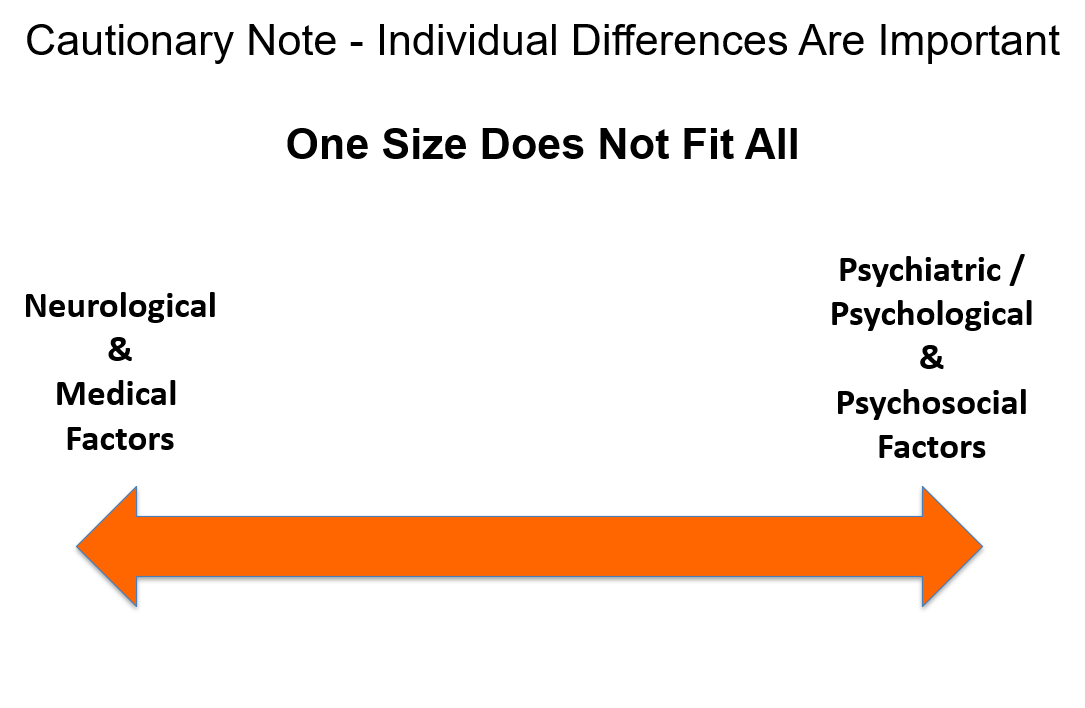
There have been a series of comments on #Twitter (including by MDs) highlighting that Functional Neurological Disorder remains markedly misunderstood & dismissed by portions of the MEDICAL community. Part of the issue is a FALSELY dualistic framing of complex brain disorders. 1/6
In a @FNDHope talk from a few years ago, I shared my viewpoint on how we can bridge Neurologic & Psychiatric/Psychological perspectives in #FND. Link to the talk below. @FNDHopeUK @FNDHopeUSA




Having trained in #Neurology & #Psychiatry, many NeuroPsychiatric conditions (capital N capital P) benefit from an integrated clinical neuroscience perspective. Psychiatry can learn from Neurology, & Neurology can learn from Psychiatry @boeslab @keshavanms
neuro.psychiatryonline.org/doi/10.1176/ap…
neuro.psychiatryonline.org/doi/10.1176/ap…
An important guiding light for how this can be achieved is to bring the BIOPSYCHOSOCIAL formulation to the assessment & management of a great range of patients cared for in Neurology clinics. @popkirov
thieme-connect.com/products/ejour…
thieme-connect.com/products/ejour…
In the context of ensuring that antiquated views are not reinforced (and underscoring the GREAT need for new educational initiatives), we outlined Psychiatry's modern role in Functional Neurological Disorder. @indrit_begue @AlanCarson15 @Tim_R_Nicholson bit.ly/3WCzUDw
Lastly - THANK YOU to the great many #FND advocates found in this online community. Together we are stronger & together we can promote change @FndPortal @TomPlender @ConnectFnd @FndRecovery @FNDAction @FndLifewith @NEAD_UK @tonesqueFND @FNDDimensions @kylakenney21 & Many Others!
• • •
Missing some Tweet in this thread? You can try to
force a refresh






